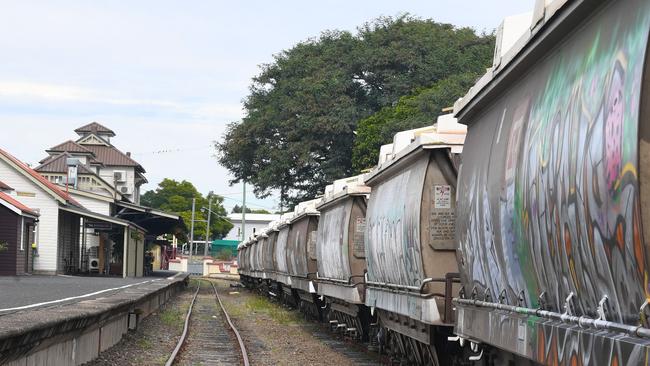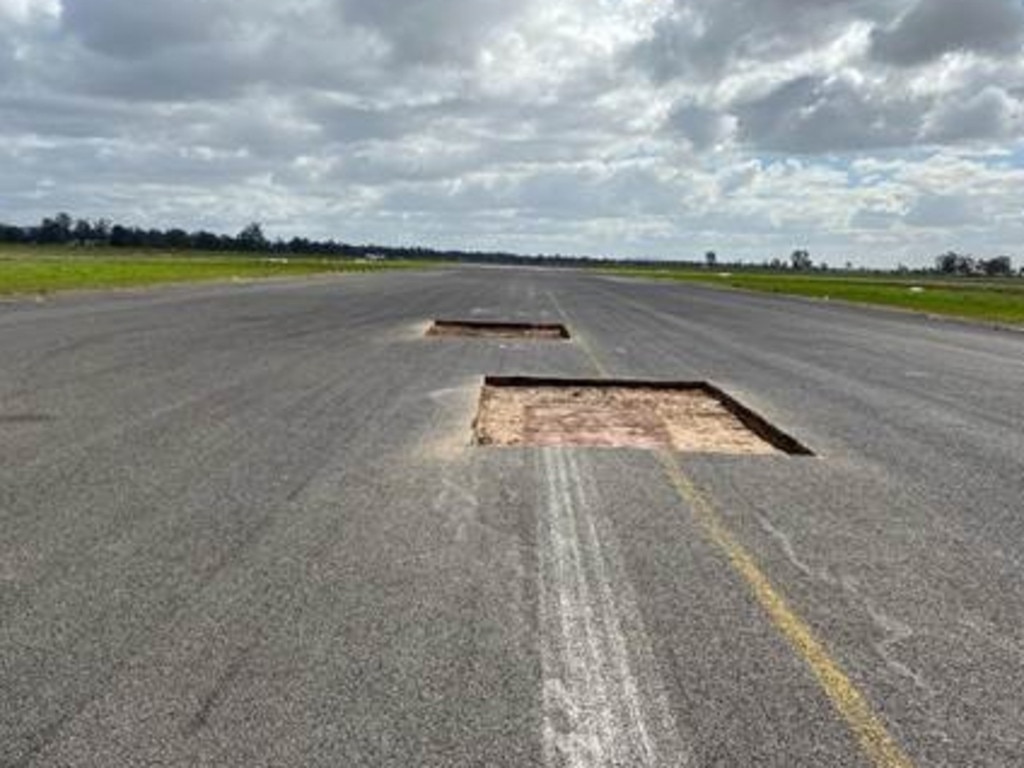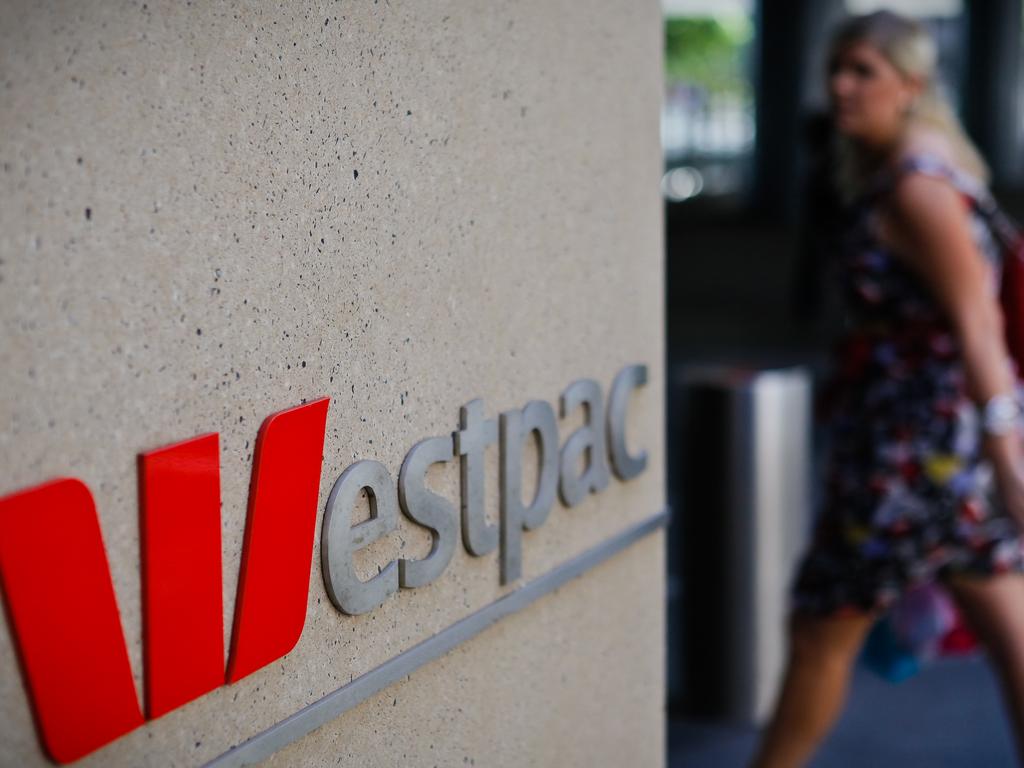China’s import restrictions hit coal, says rail hauler Aurizon
Analysts downplay any trouble brewing with China on coal, but wonder more about prices.

Rail hauler Aurizon said it believed Chinese import restrictions hit its coal volumes in the last quarter, as analysts downplay the role of political tensions in import curbs.
The company said on Wednesday that September quarter coal volumes had softened 5 per cent compared with the same time last year, or 2.8 million tonnes, on the back of a drift in demand for coal as the coronavirus hit its customers major buyers overseas, and as China slowed imports of Australian coal.
“This is in line with expectations of a softer first half of the financial year with recessionary conditions from COVID-19 impacting coal demand in addition to China curtailing aggregate coal import volume to maintain a similar annual result to the prior calendar year,” the company said.
“Railings are expected to improve in the second half as steel capacity comes back online in key export markets.”
Aurizon’s comments come as commodity analysts played down the role of tensions between Beijing and Canberra in the latest round of import restrictions from China.
In a client note on Wednesday CBA analysts said the reports represent “more risk than certainty”, saying any import restrictions were more likely to be moves to support China’s domestic industry than the result of politically motivated attacks on Australian industry by Chinese authorities.
“History suggests that Australia’s coal export volumes are unlikely to be that adversely impacted by China’s specific and unofficial measures to target Australian coal,” CBA analysts said.
“China’s coal import quotas are the most significant driver of China’s coal imports and have already led to a decline in China’s coal imports this year. Coal imports are set to plunge around 38 per cent in Q4 2020 to meet the expected import quota target of about 270Mt. That will impact China’s coal imports from all countries. Australia may face more pain than its peers, but that is not a certainty.”
UBS analyst Dim Ariyasinghe told clients on Wednesday, despite talk of similar bans in May 2020, Australian exports to China were still up 5 per cent since the beginning of the year, compared with the same period in 2019.
“We concede that China imports have softened in August but see this as a result of CY20 import quota being filled with imports in the year to August annualising at 330Mt versus a supposed quota target of 270-280Mt (rather than a shift in policy stance),” he said.
But CBA analysts said that both thermal and coking coal prices were likely to take a hit from any Chinese import curbs, irrespective of the reason for them, as Australian suppliers scrambled to find alternative destinations for their cargoes.
But high quality metallurgical coal from Queensland, worth about $9.7bn to Australia last financial year, would be less affected than energy coal exports, analysts said.
“China accounted for 28 per cent of Australia’s coking coal exports in the 12 months ending August 2020. Finding an immediate buyer if China aggressively cuts coking coal imports from Australia will be challenging,” the CBA note said.
“However, recovering steel output in India, Japan and South Korea offers some hope that Australian coking coal exports can find a home. In fact, we attribute the recent rally in premium coking coal prices to a pick‑up in coking coal demand in these countries.”
Mr Ariyasinghe told UBS clients an expected recovery in Japanese, Korean and Indian steel markets should largely act to offset and fall from Chinese demand, as their respective steel industries recover from the coronavirus crisis.
“Metallurgical coal sales to China make up around 23 per cent of total Australian exports and while a significant share of demand, we note that a recovery in Ex-China steel production should offset any demand shortfall as a result of quota exhaustion; exports to India totalled 4.62Mt in August, its highest monthly total since June 2019,” he said.
“In addition, ex-Australia supply has also been impacted significantly as a result of COVID-19 restrictions and the low price environment for much of 2020 – US exports are down 36 per cent in the year to August.”
But the outlook is less rosy for thermal coal producers, according to CBA analysts.
“Unlike coking coal, we don’t see a natural buyer for any displaced Australian thermal coal exports over the next few months, particularly the low quality thermal coal that China consumes. Coal‑to‑gas switching is likely to play out in Japan and South Korea given the low price of oil‑indexed LNG prices relative to high‑quality thermal coal in Q4 2020,” the note said.
“The situation is likely worse for Australian thermal coal exporters, as Australian thermal coal benchmark prices are likely to decline on any material cut in China’s thermal coal imports from Australia.
“At spot prices, about 30 per cent of Australia’s thermal coal exports are already loss‑making. That balloons to around 57 per cent if thermal coal prices fall to 2020‑lows again. It’s challenging to meaningfully reduce thermal coal exports in Australia given that some portion of Australia’s high‑quality thermal coal exporters receive the annual contract price settled with Japan ($US68.75 a tonne for the year ending April 2021). The inflexible nature of take‑or‑pay contracts for port and rail use and prohibitively high care and maintenance costs are also likely to keep Australia’s thermal coal export volumes going even if it means doing so at cash losses.”





To join the conversation, please log in. Don't have an account? Register
Join the conversation, you are commenting as Logout